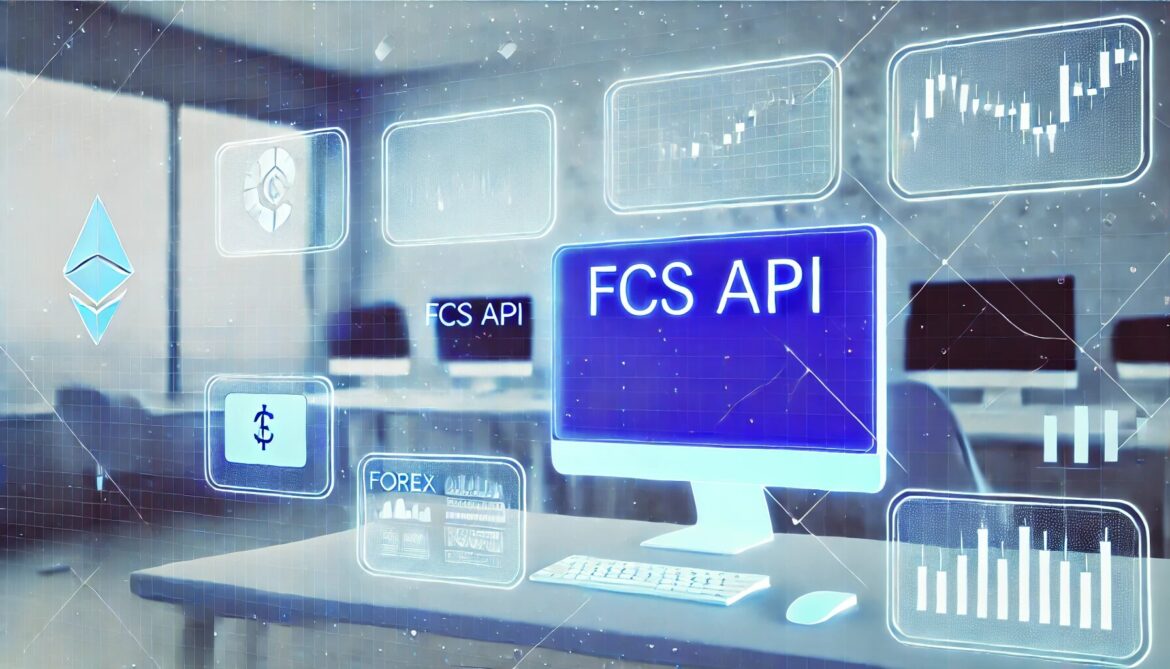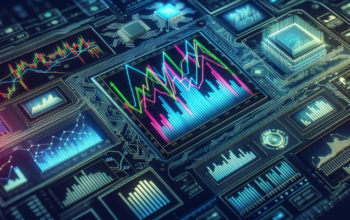Technologies for Aspiring Blockchain Developers
Introduction
The blockchain revolution has created a surge in demand for blockchain developer skills. If you’re aspiring to join this exciting field, understanding the essential tools and technologies is crucial. This article will guide you through the top options to help you embark on your journey to becoming a successful blockchain developer.
Essential Tools and Technologies
- Programming Languages
- Solidity: The primary language for developing smart contracts on the Ethereum blockchain.
- JavaScript: Widely used for frontend development and interacting with blockchain APIs.
- Python: A versatile language for backend development, data analysis, and automation.
- Go: A popular language for building scalable and efficient blockchain applications.
- Blockchain Platforms
- Ethereum: The most widely used blockchain platform, offering a robust ecosystem of tools and developers.
- Hyperledger Fabric: A permissioned blockchain platform designed for enterprise use cases.
- Binance Smart Chain: A high-performance and low-cost alternative to Ethereum.
- Solana: A scalable blockchain platform known for its fast transaction speeds.
- Development Environments
- Visual Studio Code: A popular code editor with extensive support for blockchain development.
- Remix: An online IDE specifically designed for Solidity development.
- Truffle: A comprehensive development framework for building Ethereum applications.
- Ganache: A personal blockchain for local development and testing.
- Blockchain Frameworks and Libraries
- Web3.js: A JavaScript library for interacting with Ethereum nodes.
- Ethers.js: Another popular JavaScript library for interacting with Ethereum.
- Nethereum: A .NET library for interacting with Ethereum.
- Hyperledger Fabric SDKs: SDKs for various programming languages to interact with Hyperledger Fabric.
How to Become a Blockchain Developer from Scratch
- Build a Strong Foundation
- Learn the basics of computer science: Understand data structures, algorithms, and object-oriented programming.
- Master a programming language: Start with JavaScript or Python, as they are widely used in blockchain development.
- Explore Blockchain Concepts
- Study blockchain fundamentals: Learn about distributed ledgers, consensus mechanisms, and smart contracts.
- Understand the different types of blockchains: Public, private, and consortium blockchains.
- Get Hands-On Experience
- Create your own blockchain projects: Experiment with building simple blockchain applications.
- Contribute to open-source projects: Collaborate with other developers and learn from their expertise.
- Network with the Community
- Join online forums and communities: Connect with other blockchain enthusiasts and developers.
- Attend blockchain conferences and meetups: Expand your network and stay updated on industry trends.
Conclusion
Becoming a blockchain developer requires a combination of technical skills, practical experience, and a passion for innovation. By mastering the essential tools and technologies, building a strong foundation, and immersing yourself in the blockchain community, you can successfully embark on this exciting career path.
FAQ
- How long does it take to become a blockchain developer? The time it takes depends on your prior experience and dedication. It can take anywhere from a few months to a year to acquire the necessary skills.
- What are the career opportunities in blockchain development? Blockchain developers are in high demand across various industries, including finance, healthcare, supply chain, and gaming.
- Is blockchain development a good career choice? Blockchain is a rapidly growing field with promising career prospects. The demand for skilled blockchain developers is expected to continue increasing in the coming years.
- Are there any online courses to learn blockchain development? Yes, there are numerous online courses and platforms that offer comprehensive blockchain development training.
- What is the salary range for blockchain developers? The salary for blockchain developers varies depending on experience, location, and the specific role. However, blockchain developers generally command competitive salaries.
Additional Resources
- Web3 Career
- Web3 Jobs
- Remote Web3 Jobs
Blockchain Developer Skills
- Strong programming skills in languages like Solidity, JavaScript, Python, or Go
- Understanding of blockchain fundamentals, including distributed ledgers, consensus mechanisms, and smart contracts
- Knowledge of various blockchain platforms and their specific features
- Experience with blockchain development tools and frameworks
- Ability to solve complex problems and think critically
- Excellent communication and collaboration skills
- Passion for learning and staying updated on the latest blockchain trends and technologies
By developing these skills, you’ll be well-equipped to succeed as a blockchain developer and contribute to the growth of this innovative field.



